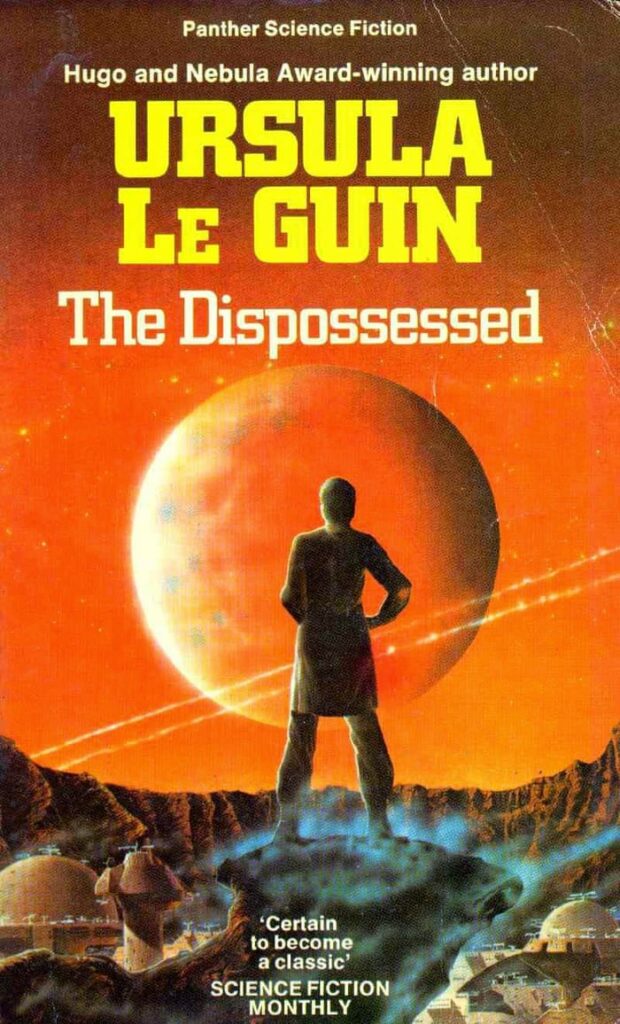
Let’s oppose ‘hard science fiction’ to ‘soft’ sci-fi (specifically, science fiction “where the science is neglected,” or so they say). The key question is, how would one measure its hardness when the alleged science is still a fantasy? For starters, the answer is certainly not the amount of amusing technobabble (made-up terms), nor an aesthetic precondition such as space, spaceships, etc.
To illustrate the obvious, a book such as Daniel Keyes’ Flowers For Algernon belongs to hard science fiction, despite the lack of extraterrestrials, intergalactic wars or plasma guns. So does Andy Weir’s The Martian, which may be more pleasing to the popular view of sci-fi as it is set on another planet (Mars). On the other hand, the Star Wars film-series belongs to fantasy, ‘science fantasy’ or, at best, a very soft kind of sci-fi in a ‘space opera’ setting.
Simply put, hard sci-fi prefers believable scenarios and events, whereas soft sci-fi is totally okay with unicorns. However, as far as believability goes, even the most fantastical scenario is necessarily held together by consistent internal structuring that respects its own made-up laws. Furthermore, an unicorn may find its place even in a hard sci-fi novel if it has grown a horn by, say, genetic engineering or surgery, but not if it sprung out of a portal or a magical book found in the dusty attic of an abandoned house. Both examples are fictional, yet the first may be deemed explainable, in the least, thus also believable.
It goes without saying that choosing how to present your ideas and concepts is of utmost importance to the reader. Some people want to read a fantasy that may be considered scientifically possible, be it the colonization of another planet or a zombie apocalypse. Others prefer things to be intrinsically ‘magical’ or ‘unscientific,’ an escapist affair. An author is free to present his story any way he wishes, but certain rules must be set for both types of scenarios.
Whatever made-up system of technology or magic an author develops in the course of his world-building, it must never break its own rules (unless it is done on purpose, as in, say, a comical Deus ex machina). To add weight to such a system, its limits must be set, preferably made obvious by its effects (or lack thereof) within the story. Things must be put to practice so as to strengthen the illusion.
For that reason it could very well be said that questioning whether a sci-fi work is scientific goes beyond its point, whereas the only actual science behind writing science fiction is that of consistency in the way the fantasy is structured. If there is any real science, perhaps it belongs to the realm of humanities, for the technical sciences are only there to be broken for the sake of an (all too) human story. Just consider the works of the greats, such as Philip K. Dick and Ursula Le Guin.
Sci-fi authors may invent terms and concepts, like William Gibson did with ‘cyberspace.’ Visionary or prophetic, it still isn’t scientific. There is no scientific method behind it, no experiment nor theoretical proof. It is, however, very imaginative, even inspiring, perhaps enough to have inspired some of the actual science for the invention of a technology to carry ‘cyberspace’ into our reality. The myth of science in sci-fi doesn’t make it less important as opposed to, say, a realistic textbook representation, for the extent that our lives are governed by myth is just as vast.
But I don’t suppose delving into Jungian concepts would do the point of this article any good. In short, science inspires science fiction, so why wouldn’t science fiction inspire science? Thanks for reading & feel free to leave your thoughts in the comments.
